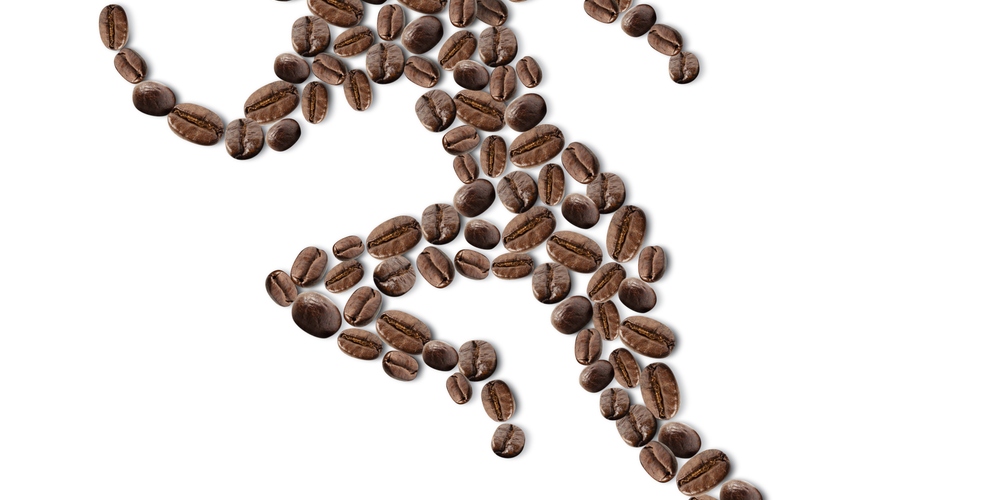The debate about coffee and creativity has been brewing for decades. Does it really help artists, musicians and writers think more creativity, or does it actually cramp the creative mind? Arguments on both sides are worth exploring.
Coffee Hinders Creativity
A scientific exploration of coffee, its ingredients and its proven effects on the mind are what lead some people to believe that coffee hinders creativity. The arguments include the following:

- In neurochemical terms, caffeine doesn’t “give” a coffee drinker energy; it merely delays tiredness by blocking the activity of adenosine, a substance that lowers energy levels and promotes sleep.
- To link new ideas, a person needs a wandering, unfocused mind. However, the result of forcing yourself to wake up in the morning with a cup of coffee, or stay awake for hours into the night with cup after cup, is a narrow-minded focus. This is great for plowing through simple, menial tasks, but it’s not excellent for forging connections between dissimilar ideas, which is at the very heart of creativity.
- Caffeine supports intense concentration, which tends to block unconscious associative processing. This causes the coffee drinker to miss connections they may have been able to perceive if it wasn’t for the coffee.
- The whole purpose of drinking coffee is to inhibit sleep, but REM-sleep dreaming is associated with creative processes and abstract reasoning. According to a Cognitive Brain Research Report published by the Department of Psychiatry at Harvard Medical School, test subjects who completed anagram word puzzles to test their cognitive flexibility after REM sleep performed 32% better than participants woken up during NREM sleep. This suggests that lack of sleep caused by caffeine deeply hinders creativity.
Coffee Enhances Creativity
Proponents of caffeine and its effect on the mind often bring up the following points when suggesting that coffee enhances creativity:
- The caffeine in coffee helps inspire confidence, ambition and the desire to take initiative. These are all qualities of creative people. Indeed, a lack of these qualities is often a barrier to creativity, suggesting that drinking coffee boosts creative thinking.
- Dozens of anecdotal stories endorse coffee as a creativity booster. Many people most famous for their creativity – Simone de Beauvoir, Ludwig van Beethoven, Gustav Mahler, Honoré de Balzac – are known to have been coffee addicts. If coffee truly blocked their creative Zen, could they have produced their masterpieces in writing and music?
- The process of brewing a cup of coffee is comforting, even meditative. Then, sipping on that cup of coffee encourages mind-wandering, an essential component of creative insights and imaginative solutions. Even the soft ambient sounds of a coffee shop promote more creative ideas than complete silence. For these reasons, the ritual of preparing and drinking coffee stimulates creativity, even if the drink itself is thought to hinder it.
- It’s been discovered that people will perform certain tasks at a higher level, even if given a cup of decaf, as long as they believe the drink is fully caffeinated. It’s this placebo effect that sanctions the connection between coffee and creativity. Even if the caffeine in coffee actually hinders the creative process, the general public’s belief that the opposite is true is often enough to make it so.
No matter which side of the argument you’re on, it’s clear that there’s a connection between coffee and creativity. Whether you argue that coffee promotes confidence and the ability to focus for hours on end in creative types, or that such prolonged concentration and lack of sleep hinders the very essence of creativity, you would be correct. Fortunately, coffee is an “acceptable addiction,” so you can experiment with it and decide what level of caffeine is best for unlocking your creative side. Go on; switch on your coffee maker.










Comments are closed.